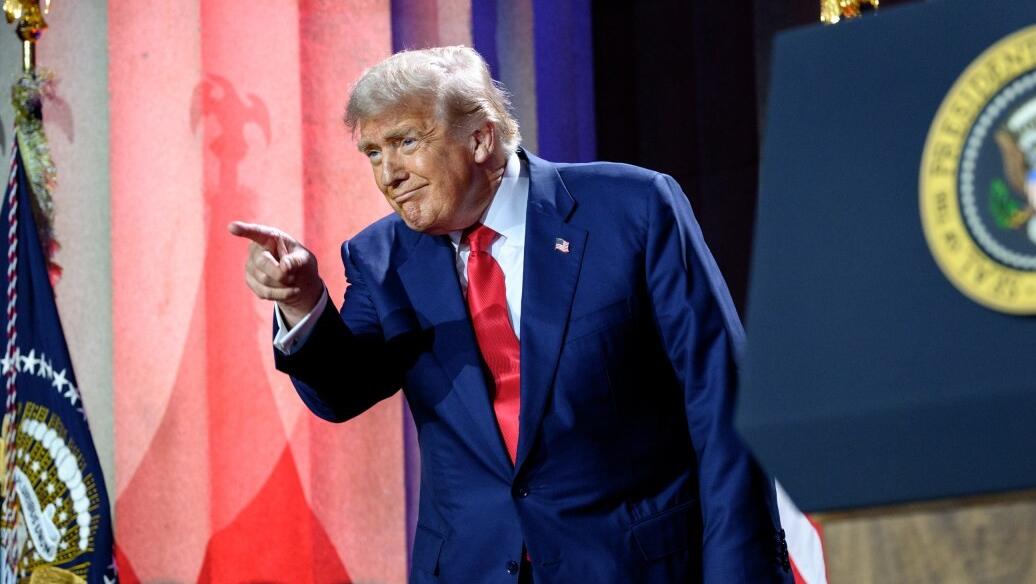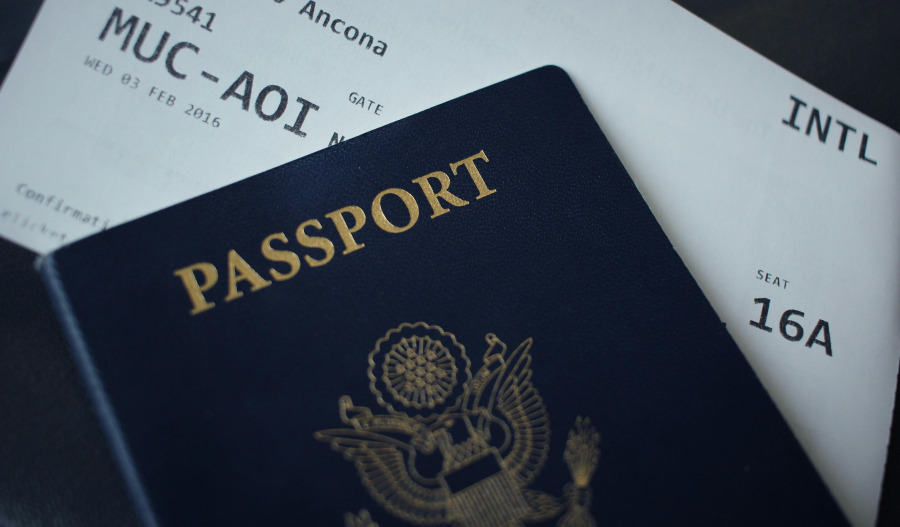United States President Donald Trump has just dropped a US$100,000 (A$151,687) fee on H-1B visa applications. The one-time charge represents an eye-whopping 4,565% increase from current costs of $2,190, and it's got tech titans with a combined market cap of over $11.1 trillion racing to keep their international talent from boarding flights home.
Big Tech scrambles
Amazon employed the most H-1B holders - more than 14,000 as of the end of June.
The other >1 trillion dollar Silicon Valley giants Microsoft, Meta, Apple and Google had over 4,000 such visas each, making tech the biggest targets of Trump's latest immigration crackdown.
The White House stated that “the abuse of the H-1B visa program has made it even more challenging for college graduates trying to find IT jobs, allowing employers to hire foreign workers at a significant discount to American workers.”
“These effects of abuse of H-1B visas have coincided with increasing challenges in the labor market in which H-1B workers serve.”
Over the weekend, companies went into full damage control mode.
Amazon wrote to employees this weekend, according to an internal memo published by Business Insider, telling them "we realise this is short notice but returning soon is advisable and you should make every effort possible to clear U.S. customs before 12:00 a.m. EDT". Microsoft and JPMorgan Chase sent similar panic messages.
The new fee structure creates an enormous competitive moat for tech behemoths.
Amazon, with its $1.5 trillion market cap, can absorb $100,000 per permit without breaking a sweat. A startup trying to hire its first senior engineer? - That's a different story entirely.
Immigration playbook déjà vu
The Trump administration, over time, has implemented a series of nonregulatory policy changes and memoranda to restrict eligibility for the program, causing overall H-1B petition denial rates to 5X from 6% in 2015 to 32% in 2019.
In June 2020 - as a response to the economic effects of the COVID-19 pandemic - President Trump issued a proclamation suspending numerous immigration categories, which included a ban on H-1B visa issuances.
Under Biden, things loosened up considerably. The denial rate dropped to under 3%, in part due to court rulings against the restrictions from Trump's first term.
But now we're back to the restrictionist playbook.
The latest Proclamation requires employers to retain documentation of payment remittance, with the Secretary of State verifying payment during the petition process, adding bureaucratic complexity on top of the financial pain.
Plus, Trump's signalling plans to ditch the lottery system entirely in favour of merit-based selection, prioritising higher wages.
Opportunities?
As tech firms have been importing overseas professionals, American workers have been increasingly sitting on the sidelines.
That's largely because economists had warned that the worker shortage couldn't be solved without ramping up immigration.
"Businesses are having to turn down work because they simply can't find the workers to do it," Neil Bradley, chief policy officer at the US Chamber of Commerce, told CNN in 2021.
Yet unemployment among recent computer science graduates has reached 6.1% and 7.5% for computer engineering graduates in the U.S. - more than double the rates for biology or art history majors.
Education tech firms focused on STEM skills development could see colossal demand as corporations scramble to build homegrown skill pipelines.
Think coding bootcamps, technical certification providers, and even university partnerships.
The policy also includes a crucial detail that adds a bit of uncertainty: “This restriction shall expire, absent extension, 12 months after the effective date of this proclamation.”



